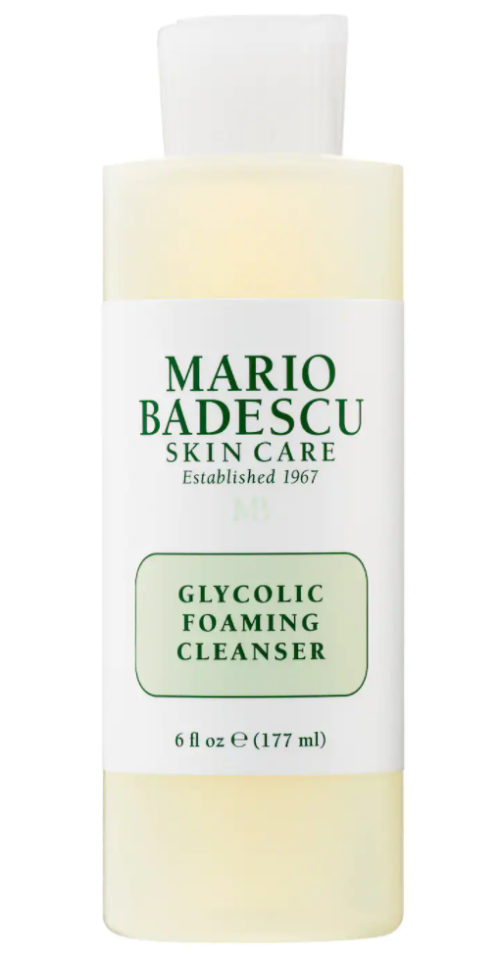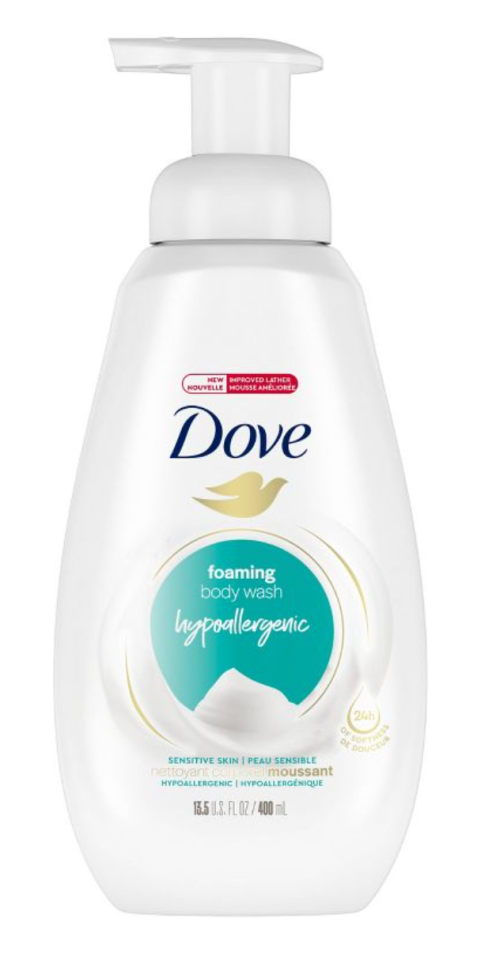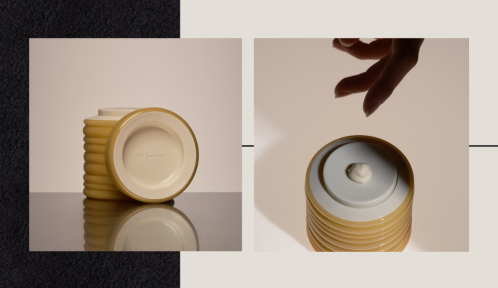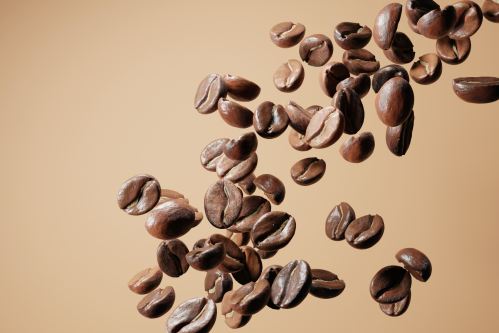Our editors independently select these products. Making a purchase through our links may earn Well+Good a commission
The belly button is the last frontier of wellness. I cannot think of a body part that gets brushed aside more often. Feet get soaked then stroked with luxury pedicures, armpits get swathed in coconut-oil-arrowroot concoctions, and vaginas, well, consider them the Queen of the Nile (if you don’t believe me, check out this vagina beauty product roundup).
Experts in This Article
board-certified dermatologist at Schweiger Dermatology Group in New York
But if memory serves, the last time I checked in on my belly button, I found that it stank so badly the only way to cope was to go back to pretending I didn’t have one in the first place. Yes, folks, I have a smelly belly button.
It should come as no surprise, then, that when I asked my soon-to-be husband to have a look, things didn’t go well. And I’m not just talking about the appearance of the body part in question (which isn’t pretty, IMHO). If he couldn’t deign to take a peek—in the name of love!—could I at least pay someone to pamper my navel? Unfortunately, no belly-button equivalent of the 24-karat gold pedicure I’m sure someone somewhere is offering (found it!) seemed to exist. If I wanted to invest in my smelly belly button, I’d have to take things into my own hands.
So I did… for a week… on assignment.
I started a belly button self-care routine with the goal of making things smell pleasant down there, and considered it my navel version of Fixer Upper. I would whip this forgotten real estate into shape and learn to love it. To start, I had to learn what exactly causes a belly button to smell, and what products a dermatologist would recommend. Here’s how it went.
What causes belly button odor
There are a few different reasons a belly button smells bad. These include:
1. Lurking bacteria
A few years back, researchers at North Carolina University kicked off the Belly Button Biodiversity Project so scientists could better understand the microflora that populate the oft-damp body crevice. The scientists found the number of species that live in one’s navel are as diverse as a rainforest, with the most common strains being staphylococcus, corynebacteria, actinobacteria, clostridiales, and bacilli.
Now, it’s important to note that despite certain strains being common, there were also random ones only picked up by individual people. Or, how I like to think of it, and according to this small study: Belly buttons are like fingerprints, perfectly unique to you. And yet, that doesn’t mean you want staph bacteria lurking on your skin. It can often be the culprit behind your smelly belly button, in which case, a thorough wash is helpful.
2. The fact that it’s a crevice
As I turned an eye to cleaning things up, I reached out to New York City dermatologist Rachel Nazarian, MD, who told me that, like any other part of the body, you should be keeping an eye on the crevices.
“The belly button skin sheds, it has oil, and it has bacteria,” she says. “If you have an ‘innie,’ it does require you to wash it, but if you have an ‘outie,’ you don’t have that same internal skin-on-skin crevice, so when skin sheds, it’s more likely to shed out and you’re more likely to get soap and water to run through it when you’re in the shower.”
Basically, this means keeping any skin folds (including those in your belly button) clean is crucial to keeping skin odor-free.
3. Built-up sweat or moisturizer
We now know that washing our belly buttons regularly is a must. But if we’re treating our tummies the way we do our faces and limbs, should regular moisturizing also be part of the regimen? The answer’s a resounding no.
“If you’re someone who sweats a lot or your moisturizer gets in your belly button, it can increase the moisture in the skin, which in a dark crevice can induce or increase the growth of yeast like candida, which can cause a smell or make the belly button inflamed,” says Dr. Nazarian. “The belly button shouldn’t have an odor at all, so if you notice one, it’s a sign of bacteria, yeast, or fungus.”
This means it’s best to avoid applying moisturizer to your belly button—and to keep the area dry and sweat-free as often as possible by keeping up with regular washing.
4. Infection
Speaking of inflamed, a belly button infection (bacterial or yeast) can produce some seriously smelly odors. According to the Cleveland Clinic, infections thrive in warm, dark environments—so all you “innies” out there, beware. A tell-tale sign of a belly button infection is a bright red rash. It will probably be itchy, too.
Treatment often includes anti-fungal medication that can come in the form of cream, ointments, or powder. These can be found over-the-counter at your local drugstore. And if that doesn’t help, making a trip to your primary-care doctor or dermatologist for antibiotics might be next on the list. Most importantly, you’ll want to practice belly button care by keeping things clean and dry while recovering.
5. Cysts
Sometimes the reason for your smelly belly button is a sight unseen. Yep, it’s possible you have a cyst behind your belly button, causing your belly button to smell even if you wash it. This is called a urachal cyst—a small sac of tissue that forms in the urachus, or area between the bladder and belly button in developing babies, per the National Institutes of Health. While the urachus usually goes away before birth, part of it may stick around after birth for some people, and lead to the development of a cyst.
Urachal cysts can happen at any age, but older children and adults are more prone to them. If the cyst becomes infected, it can cause a foul odor. Because they’re internal, urachal cysts need to be treated by a doctor. Treatment options may include surgery to remove the tissue causing the cyst to grow, and/or antibiotics to treat any infection.
When to see a doctor
If you notice a smell coming from your belly button, the first step is to practice basic naval hygiene—i.e., clean the area with mild soap and water and pat the crevices dry. If that’s not working, see your doctor to determine the cause of the odor and come up with a treatment plan.
Dermatologist-approved steps for cleaning your belly button
When I first started this assignment, I imagined laying out for you the beginner’s, mid-range, and hardcore wellness routines for belly buttons that I was certain would include luxe oils, massage routines, and the like. What I found, however, was that belly button care (i.e., preventing navel odor) starts and stops in the shower.
Step 1: Exfoliate
If you, like me, have neglected your umbilical hygiene thus far and haven’t washed your navel in a hot second (figuring the soap and water must get in there when you scrub down the rest of your trunk in the shower), Dr. Nazarian suggests reaching for a gentle glycolic face cleanser such as the Mario Badescu Glycolic Acid Wash ($16) to help slough off some of the dead skin that needs to be exfoliated. Take note: It’s important to thoroughly rinse your belly button to make sure it’s devoid of any lingering soap, which could cause inflammation. She also notes that if it’s stinky, you’ve got to dry up the area, so place a bit of alcohol (a drying agent) on a Q-tip and gently rub it over the area.

Mario Badescu Glycolic Acid Wash — $16.00
Mario Badescu is a trusted name in the skin-care game. This glycolic foaming cleanser isn’t your ordinary face wash. It’s made with glycolic acid (that can speed up cell turnover) and blended with chamomile, marshmallow, sage, St. John’s wort, and yarrow extracts for a soothing smell. Consumers are warned that this wash shouldn’t be mixed with topical prescriptions or use on inflamed, sensitive skin, though.
Pros:
- Made with exfoliating ingredients (glycolic acid)
- Good for all skin types—normal, dry, combination, and oily
- Vegan and cruelty-free
Cons:
- Can increase the skin’s sensitivity to the sun
- Can’t be combined with topical prescriptions or ointments
Step 2: Cleanse
Once you notice that your skin is in a better (read: less-molting) place, swap for something light and airy like Dove Sensitive Skin Shower Foam ($8). “You don’t have to worry about using too much soap and not enough water with Dove. It lathers up and foams really, really nicely,” Dr. Nazarian says. “Just make sure you’re rinsing. I don’t mind a moisturizing cleanser because you’re rinsing everything off and not allowing moisturizer to just sit in there.”

Dove Sensitive Skin Shower Foam — $8.00
This gentle cleanser by Dove is perfect for sensitive skin. Clean your belly button with care using this lightweight wash that’s sulfate-free. The cleanser features Dove’s NutriumMoisture™ technology, combining natural lipids and moisturizers to help support a healthy skin barrier. Customers say the scent is subtle, fresh, and not too overpowering. Plus it comes with a convenient pump so you can measure out just exactly how much you need to use each time.
Pros:
- Inexpensive
- Good for sensitive skin
- More than 250 pumps of cleanser per bottle
- Made with hypoallergenic and sulfate-free ingredients
Cons:
- Scented (which can irritate sensitive skin)
Step 3: Dry
With that, I upped my shower game and got to work. Day one was by far the grossest. I loofahed over my belly button and used my pointer finger to increase the lather in the crevice. I found some dead skin lingering in there, so I washed it out. Then, I toweled off and went about my business, repeating the steps for a week. By day seven, I was happy to report I no longer pretended I don’t have a belly button. I’m fully aware that it exists because now I wash it once a day.
Get more derm-approved shower tips:
FAQ
Are certain people more prone to a smelly navel?
Poor hygiene is the most common cause of a smelly belly button, causing infection. But infections are more common in certain groups of people including those who are pregnant, taking antibiotics, have overweight/obesity, or are receiving cancer treatment like chemotherapy, per the Cleveland Clinic.
How often should I clean my belly button?
Cleaning your belly button every time you shower is a good way to stay on top of belly button odor and prevent naval odor and infection. The area should be washed with warm water and anti-bacterial soap, then thoroughly rinsed.
Why does my belly button smell even if I wash it?
If your belly button smells even when you wash it, see your doctor. It’s possible there’s an underlying cause or condition creating the odor (like an infection or cyst). Your doctor may recommend a prescription or alternative treatment to deal with the smell.
Sign up for the Well+Good SHOP Newsletter
Get exclusive deals on wellness, beauty, fitness, and food products that have been hand-picked by our editors.
Got it, you've been added to our email list.








